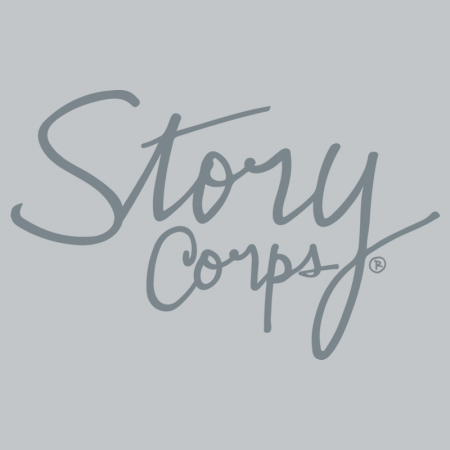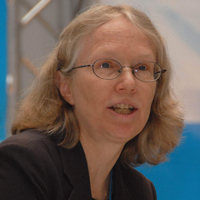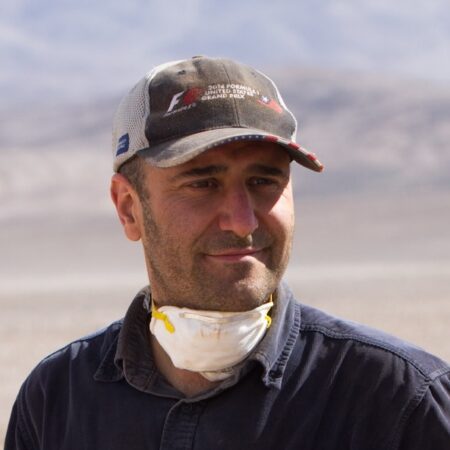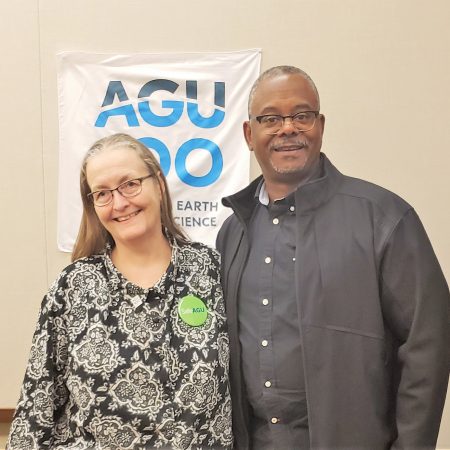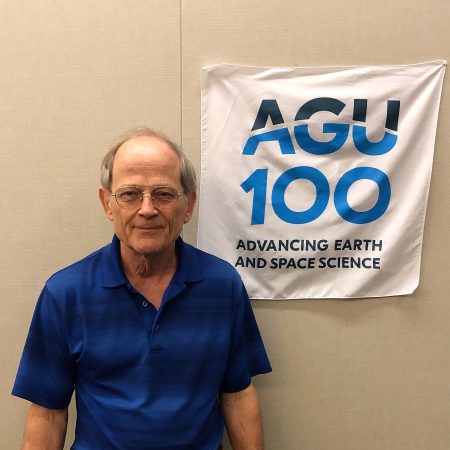Refine
Date Range Clear
Recorded by Clear
Keywords Clear
Partnerships Clear
- No matching terms.
Organizations Clear
Places Clear
- AGU 2018 Fall Meeting 21
- Washington DC 20
- AGU 2019 Fall Meeting 17
- San Francisco 16
- Bay Area 6
- 40 more
Languages Clear
Initiatives Clear
- No matching terms.
Brian Cairns works for the NASA Goddard Institute for space studies in New York, where he focuses on developing instruments that will make better measurements of small particles in space. In this interview Dr. Cairns discusses his start in engineering,...
While Patrick Taylor spends a huge chunk of his time in the clouds, his work has nothing to do with daydreaming. The Research scientist at NASA’s Langley Research Center is working on understanding more about the role of clouds in...
As a program scientist for the astrobiology program, the Mars Sample Return program, and the DAVINCI mission, Lindsay Hays’s domain spans from NASA HQ to Venus to Mars and back again. Lindsay became one of the first to witness images...
Senior, Delaney Southards talks Environmental club “Green Society” in this feature interview. Skip to the end to hear how you can join and follow along to hear how you can help our school and why we don’t have composting.
Trena Ferrell’s story with NASA all started with an email requesting an in class visit for her students. Now as a Public Outreach Lead for NASA, she sits down with us to talk about the importance of STEAM (emphasis on...
Charles Webb is the Deputy Director of NASA’s Joint Agency Satellite Division, where he helps lead a team to develop and launch satellite missions for the National Oceanic and Atmospheric Administration. Charles has a gift for translating between scientists and...
The potential downside of a career in always seeking discoveries is that it may stunt the development of your confidence. Even as someone who walked into NASA, living the dream in his mind, Nathan Kurtz experiences that downside, politely calling...
A picture may be worth a thousand words, but Andi Brinn Thomas is dealing with thousands of pictures of the world. The Image Data Scientist in the Earth Science and Remote Sensing Unit within the Astromaterials Research Exploration and Science Division...
It took 21 years for Trevor McDougall to leave Australia, but when he did, he was on a plane headed to the University of Cambridge and a masters and Ph.D. in Oceanography. Besides the life-changing event of going from one...
Ingrid Hendy, Professor at the University of Michigan and section president-elect, shares stories about discoveries in her field and the challenges she faced. She reflected on the curious zebra striped sediment that lured her into her field – mud she...
Nicholeen Viall is a research astrophysicist at NASA's Goddard Space Flight Center, with her research focus being the sun and solar wind. Listen to Dr. Viall talk about her start in space science, her greatest accomplishment, and her hopes for...
In this interview with David Jankofsky, a regulatory and tariff specialist who has worked in countries all over the world including most recently South Africa and Kosovo, insight into his line of work and advice for someone looking into international...
Dr. Amy Winebarger is an astrophysicist in the Heliophysics and Planetary Science Office at NASA. Listen to Amy talk about what makes sounding rockets awesome to work with, the rewards of being a mentor, and how a New York Times...
Sylvain Costes is the Branch Chief, Open Science project manager, and principal investigator for NASA’s Ames Research Center. Sylvain oversees over 80 NASA scientists and technicians, but he’s primarily a biophysicist leading research on radiation and DNA to understand how...
Dr. Ved Chirayath is the director of the Laboratory for Advanced Sensing (LAS) in the Earth Science Division at NASA Ames Silicon Valley. There, he develops and invents new instruments for NASA missions on Earth and in space, with much of his current work focusing on creating technology that will increase our...
Meet Eric Lindstrom, a former Physicial Oceanographer for NASA who now works with Saildrone, Inc to map the ocean floor. Eric spent his first day at the beach when he was 3 days old and has been fascinated with marine...
Dr. Chelle Gentemann is the Open Science Program scientist in NASA’s Office of the Chief Science Data Officer. In this role, she works to understand the impact, and development assessments, of NASA’s strategy for Open Science. She recently sat down...
Aaron Piña is the National Program Lead for Atmospheric Sciences and Fire Weather Research at the United States Forest Service where he runs a research program that helps transition knowledge into the hands of decision makers around the world. Initially...
Kenneth Jucks, Program Manager for the Upper Atmosphere Research Program at NASA Headquarters, has gone from launching weather balloons, what he calls a “poor man’s satellite” to take measurements up to 25 miles above the Earth’s surface, to managing five...
Dawn and Kiana Lindsay discuss how communities can take action to be more climate resilient.
Cynthia Rosenzweig has been studying earth's changing climate and its impacts on agriculture for over 2 decades, yet she continues to be fascinated by the subject on a daily basis. Dr. Rosenzweig currently heads the Climate Impacts Group at NASA's...
How will we search for life beyond Earth? If we do find life, what are the implications? As an Astrobiologist, Dr. Alfonso Davila travels to 'planetary analogue environments' that are remarkably similar to areas on other planets -- Chile's Atacama...
With great data comes great responsibility. Ruth Duerr, a self-described scientific “generalist,” and Steve Diggs, an ocean data specialist, take on years of efforts by scientists to inform the public while stopping short of being policy advisors. As data improves,...
Bruce Wielicki, a NASA Langley climate scientist, discusses his collaboration with economists to help non-scientists understand how climate change will hit them in the wallet, and how they could reduce that risk with modest investments in improved climate science. He...
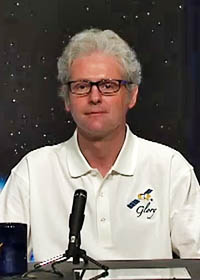
!["Something I learn today is something that [could help] society tomorrow." an interview with Patrick Taylor](https://archive.storycorps.org/uploads/2019/02/181211_PatrickTaylor-450x450.jpg)
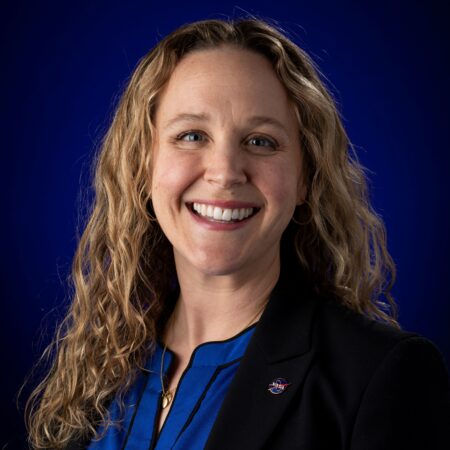

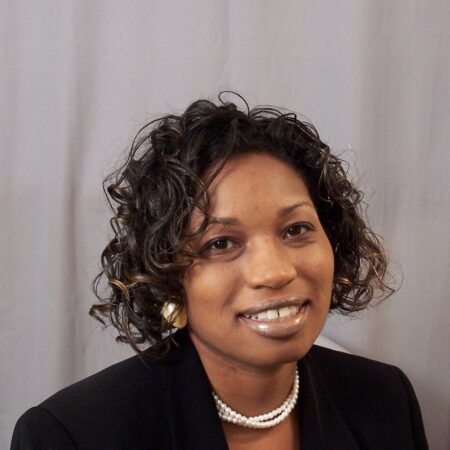

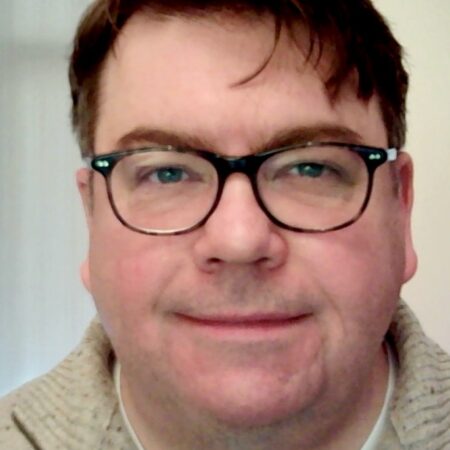
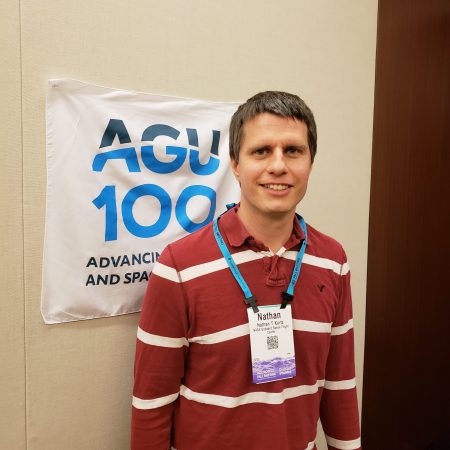
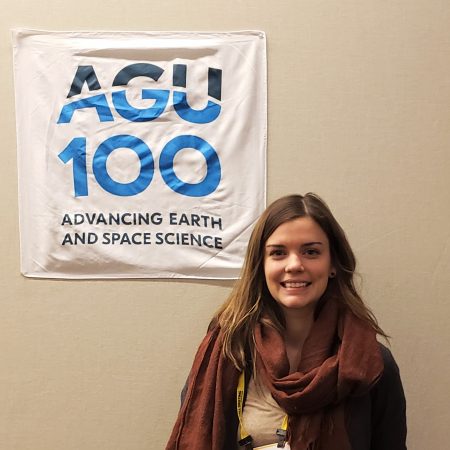
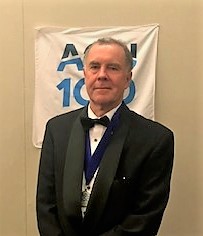
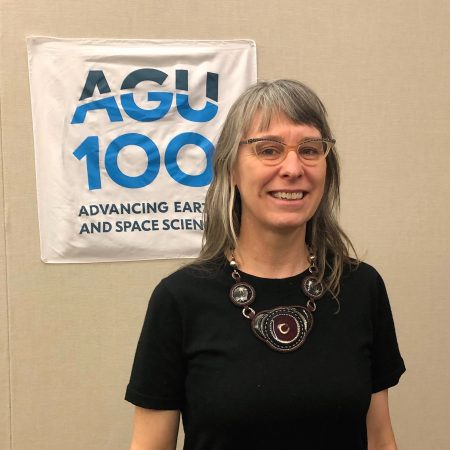
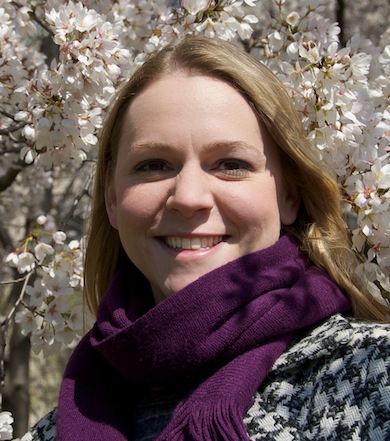
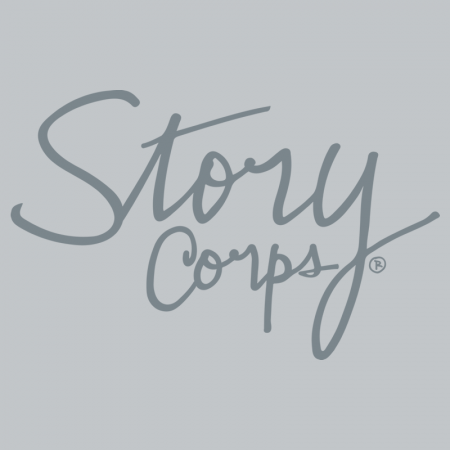
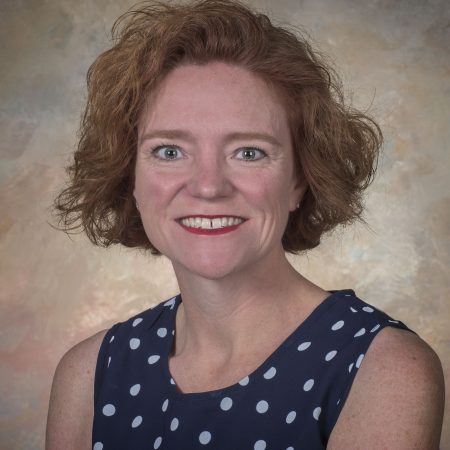
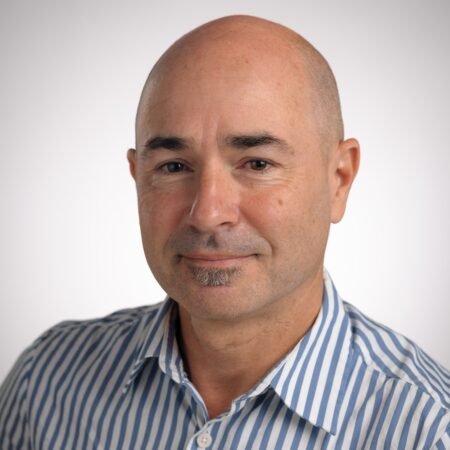
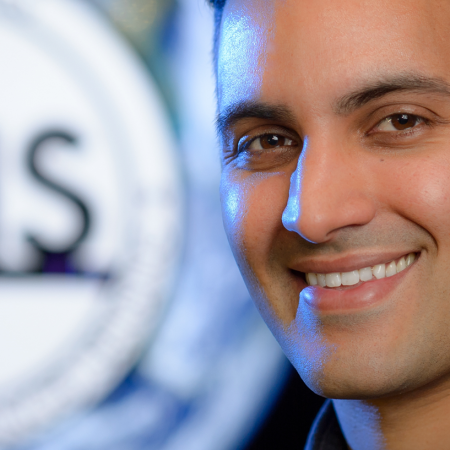
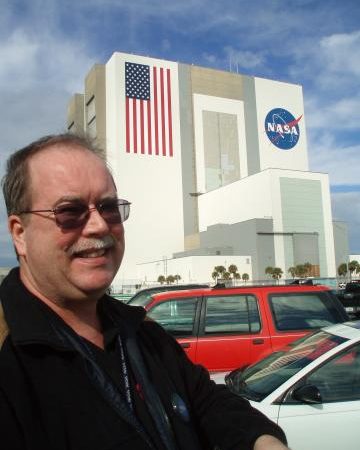
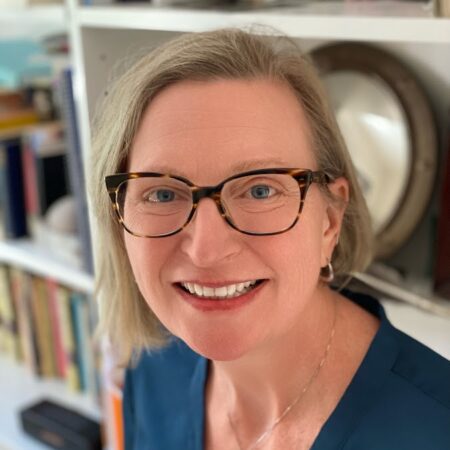
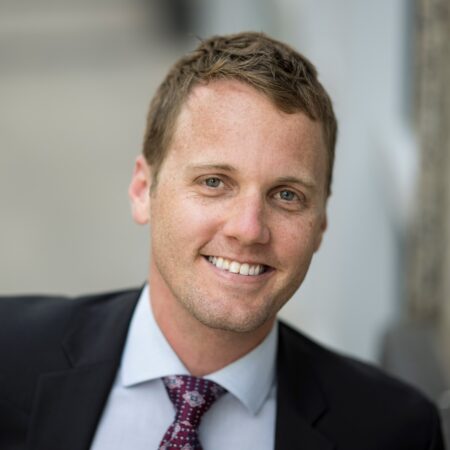
![“[The Montreal Protocol] is one of the few areas where the international community really came together." an interview with Kenneth Jucks](https://archive.storycorps.org/uploads/2019/01/181210_Jucks-1-450x450.jpg)
